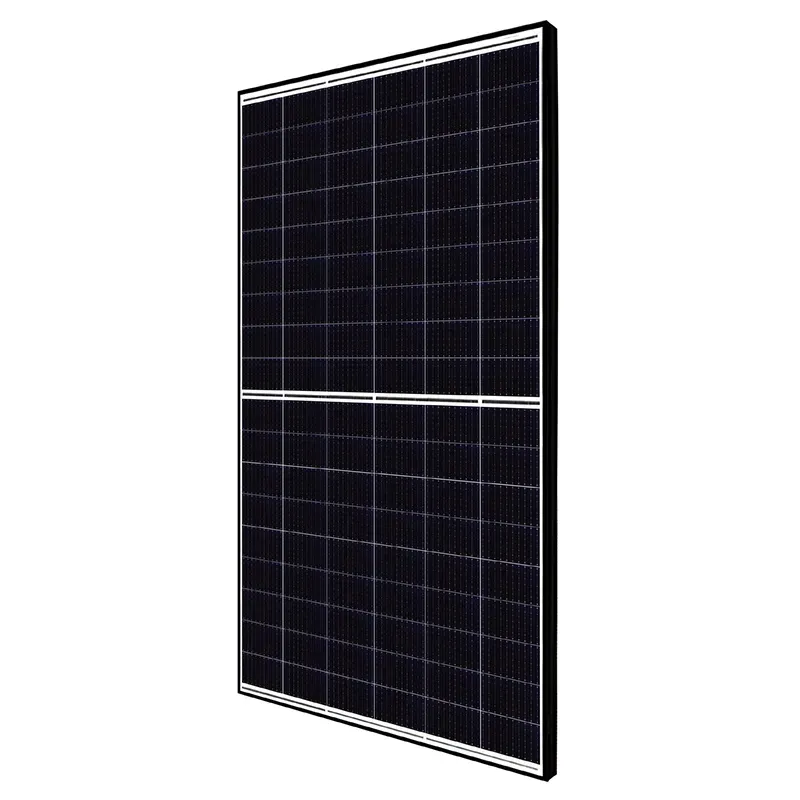Exploring the Current Pricing Trends for 48V Solar Panels in Today’s Market
Understanding the Pricing of 48V Solar Panels An In-Depth Analysis
As the world shifts towards sustainable energy solutions, solar power has emerged as a viable alternative to fossil fuels. Among various solar energy systems, 48V solar panels have gained significant attention for both residential and commercial applications. These systems are particularly favored for their efficiency and ability to integrate with battery storage systems. In this article, we will explore the factors influencing the price of 48V solar panels and what potential buyers need to consider before making a purchase.
What Are 48V Solar Panels?
Before delving into pricing, it is essential to understand what 48V solar panels are. These systems operate at a nominal voltage of 48 volts, making them suitable for use with a variety of inverters and battery systems. The 48V designation is often used in off-grid and hybrid systems, where they can be paired with lithium-ion batteries for energy storage, allowing for efficient power distribution and usage.
Factors Influencing Price
1. Type of Solar Panel There are primarily three types of solar panels monocrystalline, polycrystalline, and thin-film. Monocrystalline panels tend to be the most efficient and compact, thus they generally come at a higher price point. Polycrystalline panels are more affordable but offer slightly lower efficiency. Thin-film panels are the least expensive but may require more space for installation, which could offset their cost benefits.
2. Warranty and Quality The duration and quality of the warranty offered can significantly influence price. Higher-quality panels often come with extended warranties, reflecting the manufacturer’s confidence in their product. A good warranty can also provide peace of mind, ensuring that your investment is protected over time.
48v solar panel price

3. Installation Costs The price of solar panels does not include the installation fees, which can vary widely based on location, complexity of the installation, and the choice of contractor. This can add a substantial amount to the total cost of a solar power system.
4. Market Trends and Supply Chain The solar market can be affected by global supply chain issues and changes in demand. Tariffs on imported solar products, fluctuations in raw materials like silicon, and economic policies can all lead to price changes. Keeping an eye on market conditions can help buyers make informed decisions.
5. Incentives and Rebates Many governments offer incentives and rebates for solar energy systems, which can significantly reduce out-of-pocket costs. These programs can vary by region, so it is important for buyers to research available incentives that could lower their overall investment in solar technology.
Price Range of 48V Solar Panels
As of 2023, the price of 48V solar panels can vary significantly; on average, you can expect to pay between $0.60 to $1.20 per watt, depending on the type and quality of the panel. For a typical residential solar panel system, which might be around 5kW, the initial investment for the panels alone can range from $3,000 to $6,000, not including installation costs.
Conclusion
Investing in a solar energy system using 48V panels offers a promising path toward sustainable energy. However, understanding the factors that affect pricing is crucial for making an informed decision. Potential buyers should consider their specific energy needs, weigh the benefits of various panel types, and evaluate all associated costs, including installation and maintenance. With careful consideration and research, investing in 48V solar panels can lead to long-term savings and contribute significantly to reducing energy costs and carbon footprint.
-
String Solar Inverter: The High-Efficiency Solution for Smart Solar EnergyNewsJul.14,2025
-
Revolutionizing Rooftop Energy with the Power of the Micro Solar InverterNewsJul.14,2025
-
Power Independence with Smart Off Grid Solar Inverter SolutionsNewsJul.14,2025
-
On Grid Solar Inverter: Powering the Future with Smart Grid IntegrationNewsJul.14,2025
-
Monocrystalline Solar Panels: High-Efficiency Power for the Future of Clean EnergyNewsJul.14,2025
-
Bifacial Solar Panel: A Smarter Investment for Next-Generation Energy SystemsNewsJul.14,2025







